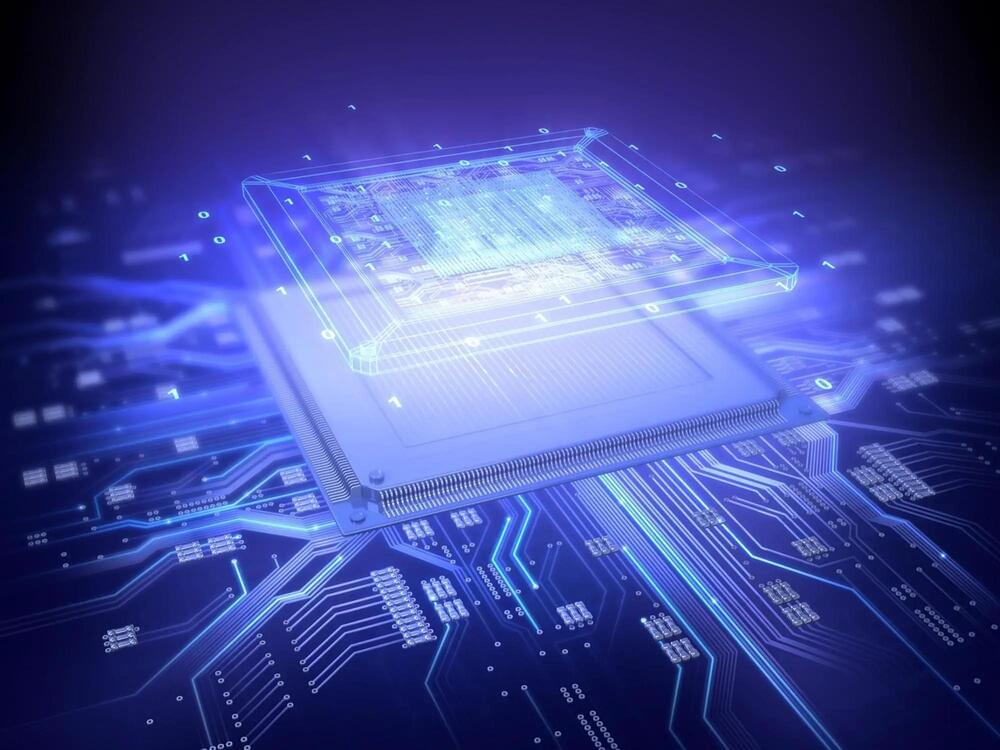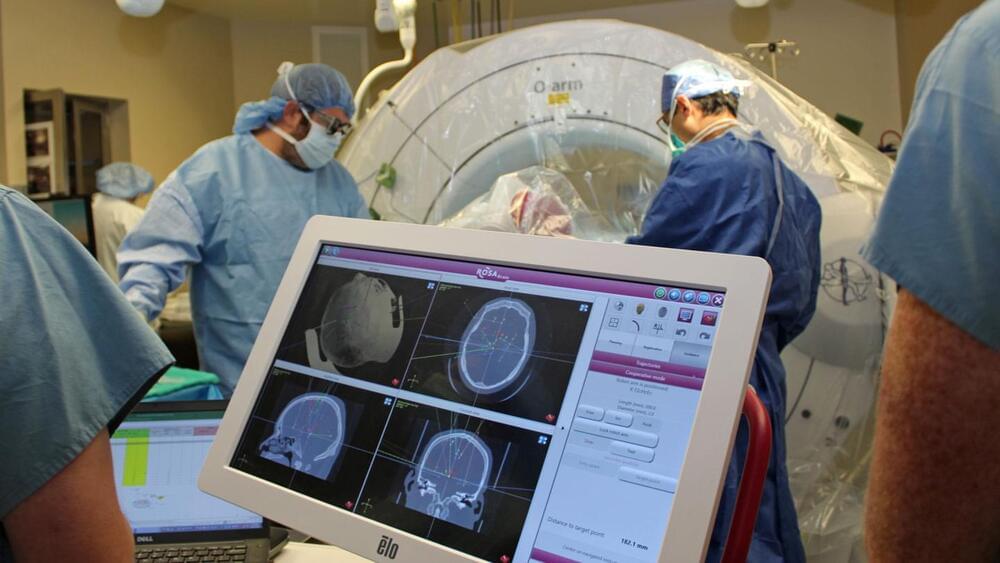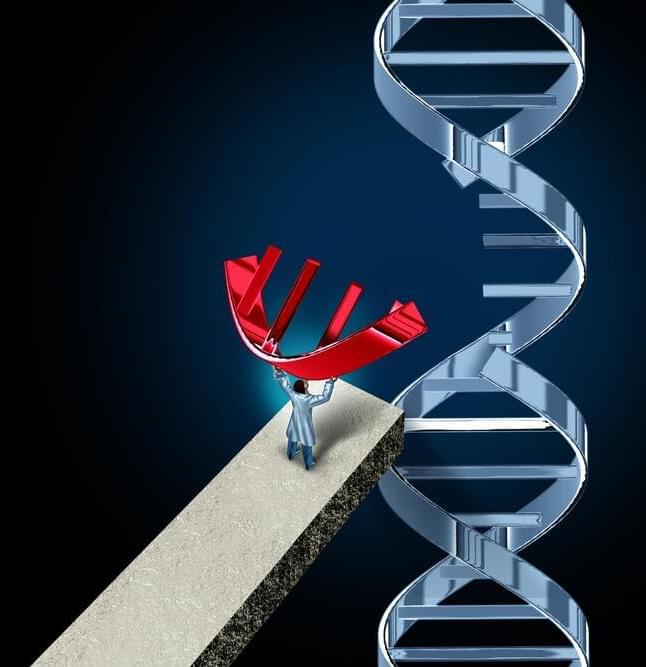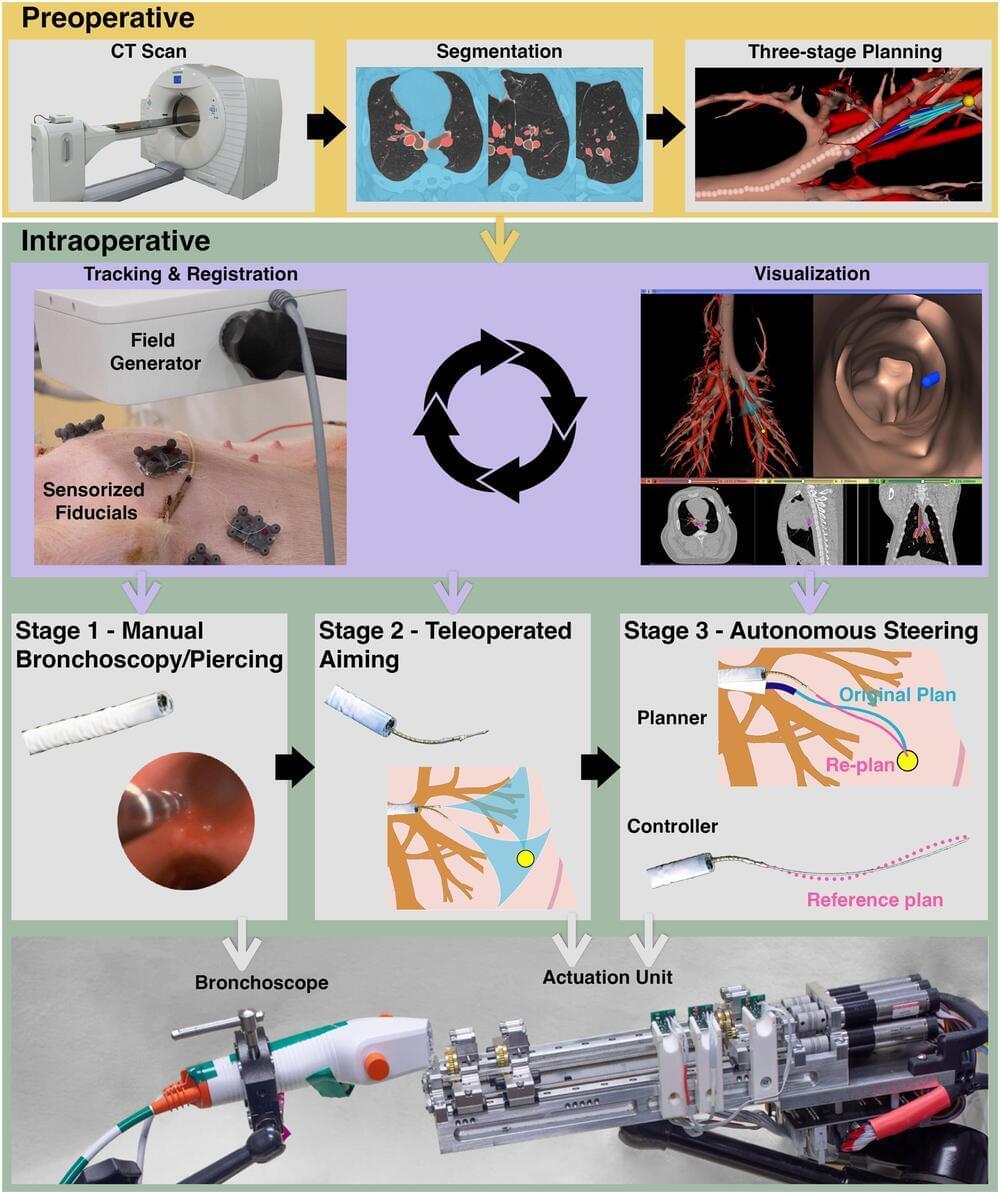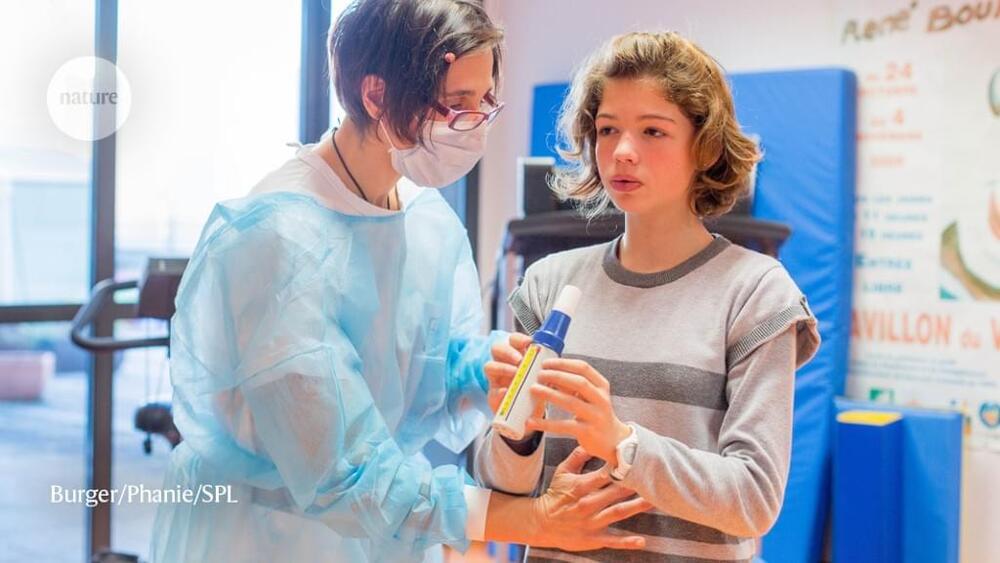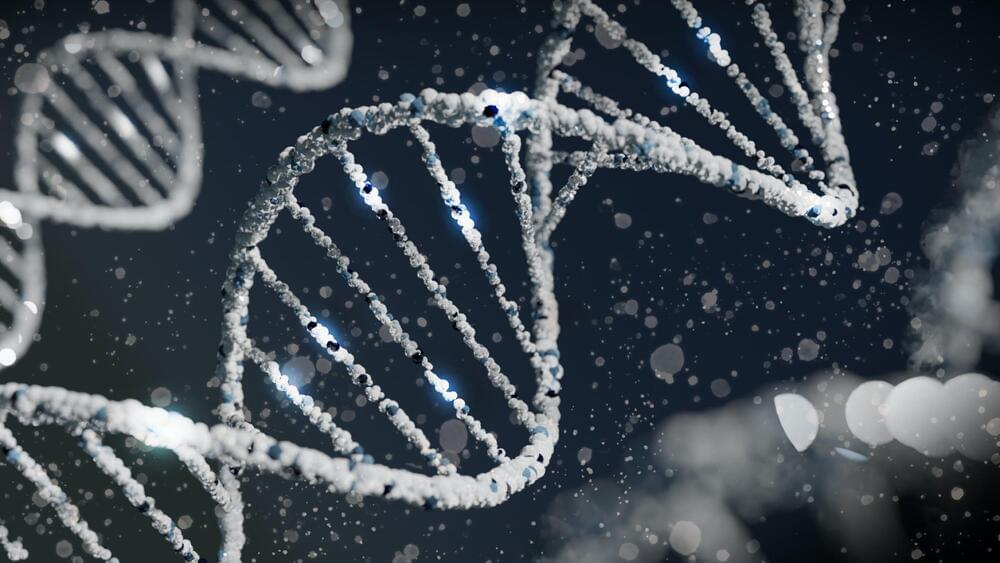Leveraging Technology For Innovative, Patient-Centered Clinical Care — Dr. Peter Fleischut, MD — Group Senior Vice President And Chief Information & Transformation Officer, NewYork-Presbyterian Hospital
Dr. Peter M. Fleischut, M.D., is Group Senior Vice President and Chief Information and Transformation Officer at NewYork-Presbyterian (https://www.nyp.org/)where he oversees the strategic vision and management of enterprise information technology, lab operations, pharmacy operations, innovation, data and analytics, artificial intelligence, telemedicine, and cybersecurity.
Dr. Fleischut has led the development of the Hospital’s award-winning digital health services and the implementation of clinical operations at NewYork-Presbyterian David H. Koch Center, a world-class ambulatory care center. In his previous role as Senior Vice President and Chief Transformation Officer, he focused on creating a single electronic medical record across NewYork-Presbyterian and its affiliated medical schools, Weill Cornell Medicine and Columbia University Vagelos College of Physicians and Surgeons.
Dr. Fleischut also led efforts to standardize care across NYP’s ten hospitals and hundreds of clinics and doctor practices, and oversaw all aspects of Graduate Medical Education (GME) for programs across the NYP enterprise.
Joining NewYork-Presbyterian/Weill Cornell in 2006, Dr. Fleischut previously served as Medical Director of Operating Rooms, Deputy Quality Patient Safety Officer, founding Director of the Center for Perioperative Outcomes, Vice Chairman, Chief Medical Information Officer, Chief Innovation Officer and Chief Medical Operating Officer.
